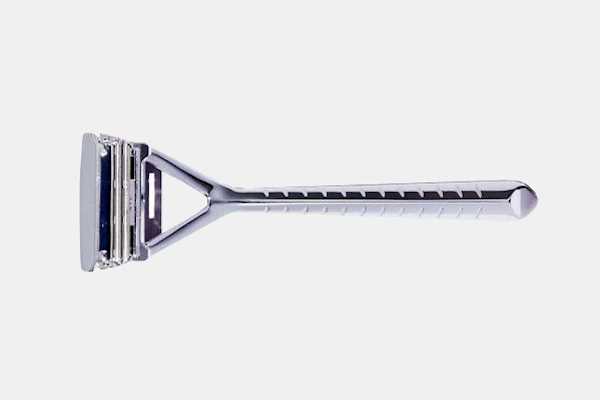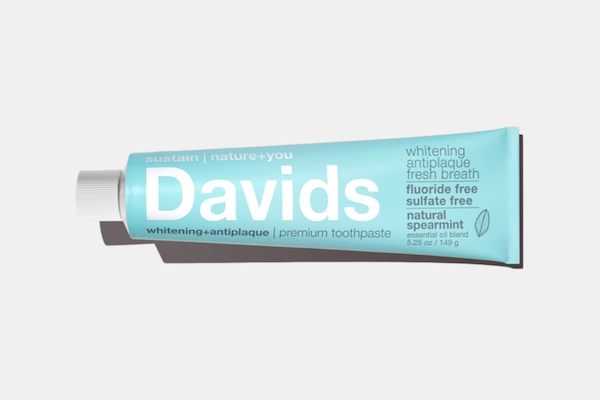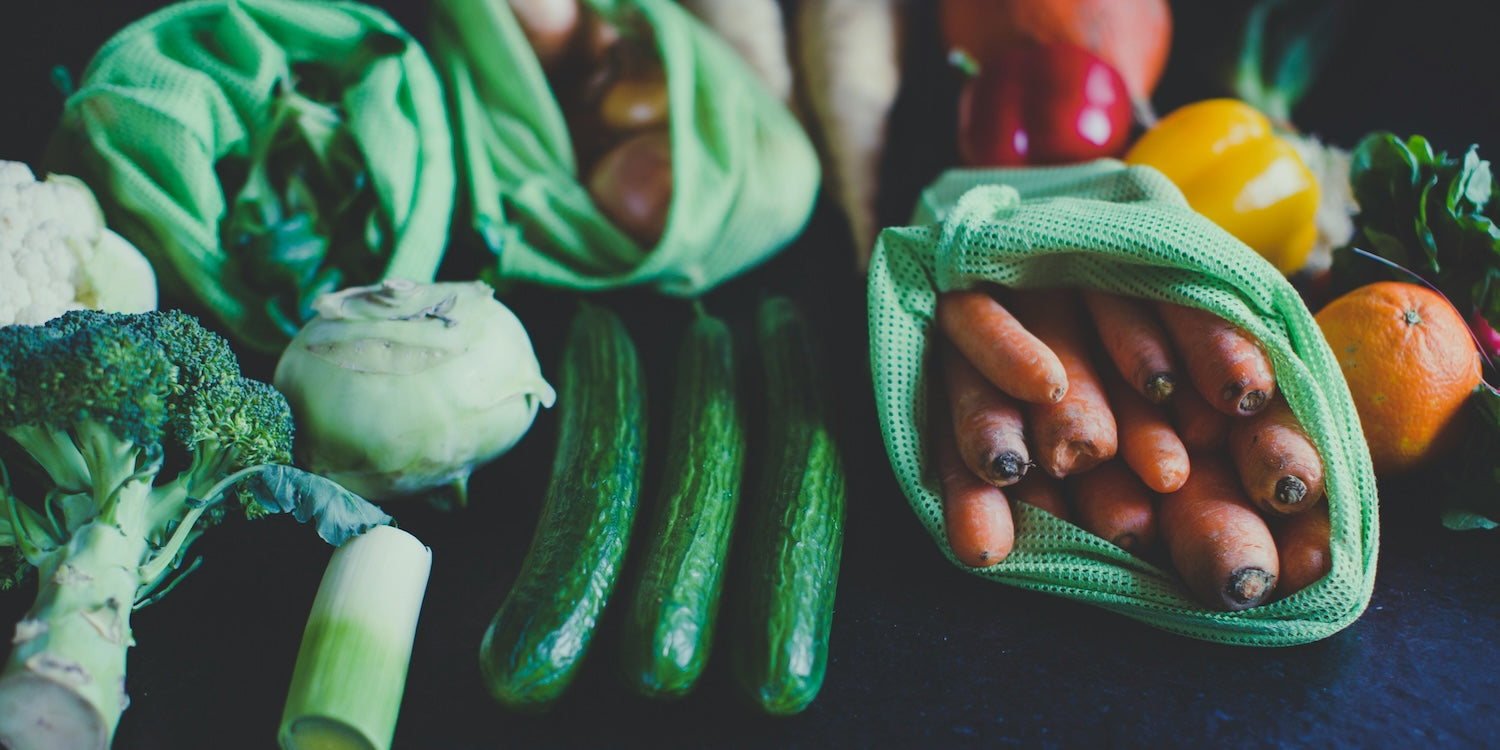The term "zero waste" has gained immense popularity in recent years as individuals and communities strive for more sustainable living. However, it can lead to some confusion. Does zero waste mean no waste at all? To answer this question, we are going to delve deeper into the philosophy behind the zero-waste movement and understand how zero-waste products fit into this narrative.
Understanding Zero Waste
Zero waste is a philosophy that encourages individuals, communities, and businesses to reduce waste to the minimum possible level. The aim is not necessarily to create no waste at all but to significantly reduce and manage waste so that it can be either reused or recycled effectively. The focus is on responsible consumption and making smarter choices, particularly when it comes to the choices of zero-waste products.
The zero waste movement emphasizes the importance of the “waste hierarchy,” prioritizing waste reduction, reuse, and recycling. This approach starts by preventing waste before it is even created, making it clear that while the goal may be to approach zero waste, achieving absolute zero is often unrealistic in our modern society.
The Role of Zero-Waste Products
One of the most enjoyable aspects of the zero-waste movement is the emergence of zero-waste products. These products are designed with sustainability in mind, often made from materials that are biodegradable, reusable, or recyclable. Switching to zero-waste products plays a crucial role in minimizing the impact of waste on the environment.
Examples of zero-waste products include:
-
Reusable shopping bags: These can replace single-use plastic bags and help reduce plastic pollution. Check out Ecobags reusable bags.
-
Reusable containers: Ideal for food storage, these containers often last longer than their plastic counterparts and can be reused indefinitely. Check out EcoLunchBox's reusable containers.
-
Bamboo toothbrushes: An eco-friendly alternative to plastic toothbrushes, these are biodegradable and lessen plastic waste. Check out Georganics Bamboo Toothbrushes.
-
Plastic-Free personal care items: Brands are now offering items like shampoo, conditioner, and detergents in 100% plastic-free packaging to promote sustainability. Check out HiBAR Shampoo & Conditioner Bars.
By incorporating zero-waste products into our everyday lives, we contribute to a more significant reduction of waste, moving us away from a throwaway culture.
The Reality of Waste Production
It is essential to recognize that while striving towards zero waste is commendable, it may not be entirely achievable in a practical sense. Most people will still generate some waste, whether it’s from food scraps, packaging, or other everyday activities. Instead of aiming for absolute zero, the focus should be on minimizing waste and improving waste management systems. At Lochtree, we often discuss how a lot of littles make a big; we believe this also applies to the zero-waste initiative. Finding the easy opportunities to eliminate waste quickly accelerates one on the journey towards a more sustainable lifestyle.
For instance, food waste is a significant issue that households face. Even if we practice mindful consumption, it is challenging to eliminate all food waste. Understanding this reality can motivate us to compost our food scraps or donate excess food to local food banks, aligning our actions with the principles of the zero-waste philosophy.
Strategies to Achieve Zero Waste
To make strides towards a more zero-waste lifestyle, consider implementing the following strategies:
-
Educate Yourself: Understanding the principles of sustainability can influence purchasing decisions. Research zero-waste products, sustainable brands, and best practices to reduce waste.
-
Embrace the 5 R’s: The zero waste movement focuses on Refuse, Reduce, Reuse, Recycle, and Rot. Prioritizing these actions can help individuals manage their waste effectively. Start by refusing single-use items and reducing your overall consumption, followed by reusing items instead of discarding them.
-
Plan Meals Wisely: A significant contributor to waste is uneaten food. Planning meals and shopping with a list can reduce impulse buys and help ensure that all purchased food will be consumed.
-
DIY and Upcycling: Engaging in do-it-yourself projects not only can recycle old items but also allows you to create something new from waste. Upcycling can breathe new life into items that would otherwise be thrown away.
Final Thoughts
In conclusion, while zero waste might suggest the absence of any waste, it’s crucial to understand that the zero waste movement is more about the commitment to reducing waste as much as possible and promoting sustainable choices, including the use of zero-waste products. By changing our habits and embracing a more responsible, mindful way of living, we can contribute to a healthier planet, even if we cannot achieve absolute zero waste. Remember that every small action counts towards making significant changes for our environment.
At Lochtree, our mission is to help support zero-waste living by creating greater access to a hundreds of great eco-friendly products. All our products are selected with the principles of a zero-waste lifestyle in mind helping consumers on their journey to minimizing environmental impact. If you are interested in finding some great zero-waste alternatives today, check out All Products at Lochtree and discover new ways to reduce waste.
If you enjoyed this article, you may enjoy our article Is Zero-Waste Expensive? How To Go Zero-Waste On A Budget.






